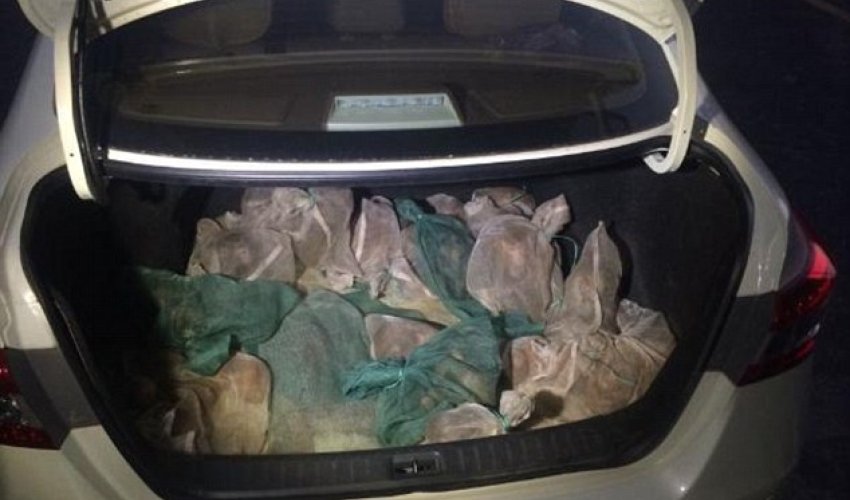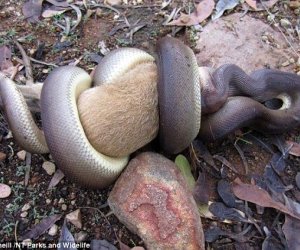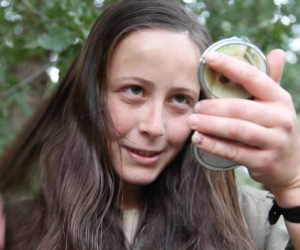That's some monkey business

Stunned forestry police found almost 50 live monkeys stuffed into gauze sacks in the boot of a car.
Two men were arrested after the discovery last month in southern China's Guangxi Zhuang province, where investigators feared the animals could have been destined for traditional medicine or bushmeat.
Crammed into the car boot were 47 monkeys - one of which is said to have died during the journey.
Nineteen of the animals were wild macaques and the other 28 were threatened slow lorises, according to an official microblog reported by China Daily.
Various breeds of slow loris are native to southern China along with Cambodia, Laos, Vietnam, Thailand and Indonesia, but the animals are among the most commonly-used in Cambodia for medicine despite the pleas of the international community.
Dried slow lorises are a common sight in Cambodian markets with as many as 200 spotted on one stall, according to a 2010 joint report by researchers from Britain, Australia and Laos.
Yet Cambodian authorities confiscated just 277 in the seven years from 2002 to 2009, according to the report for the Inter-Research Science Center.
It added: 'Slow lorises were predominantly used in a tonic for women after childbirth, stomach problems, healing wounds and broken bones, and in the treatment of sexually transmitted diseases.
'Market value more than doubled from 1997 to 2007'.
Police were still thought to be investigating the purpose for the monkeys, whose discovery emerged on December 12.
South east Asia was already highlighted by campaigners five years ago as one of the worst offenders for the trade of bushmeat, live animals, fur and animal ornaments.
There are practically no animal welfare laws in China, with creatures sold openly at markets, and the country's rapidly-growing economy means the trade is hard to predict.
The World Wide Fund for Nature describes China's borders as one of the weakest points in the global battle against the wild animal trade.
The United Nations magazine UN Chronicle wrote in October: 'The bloody trail leads to Asia, particularly China and Vietnam, where the demand and price for products from endangered species have sky-rocketed.
'[It is] propelled by fast-growing economies, an increase in purchasing power, the rising demand for rare animal parts to be used as ingredients in tonics, as "status symbols" or investments, and the availability and accessibility of these products in the marketplace.'
(dailymail.co.uk)
ANN.Az





Similar news
Similar news
Latest news 
More news 



































 Photo
Photo 



 Video
Video 

